The following is purely my opinion, agree or disagree but it still stands.
Every once in a while I may stumble upon a device that makes me question how businesses make decisions. How a board room consisting of several suits with rather impressive educational backgrounds can agree upon a product so out of touch with reality – "What were you thinking?" comes to mind. The gaming industry has gone through several of these money making concepts that just seemed fated to disappoint just from a logical standpoint. Here are a few products I remember associating with the abbreviation "WT#".
Product – Steel Battalion

The Expectation$:
Release a Mech game unlike any before, with an ultimate focus on realism. It'll do much for the industry.
The Reality:
You're essentially making gamers pay 200 dollars for a game with little replay value. Gamers can buy an entire console for the same amount of greens. This won't do much if anything for the industry aside from creating an expensive cult cl@ssic and ensuring itself as a collectable rather then something practical.
Product – Virtual Boy

The Expectation$:
Virtual reality is the in thing right now. Nintendo would be the first to introduce this to a broad market; thanks to the game boy brand they have the trust of an existing fan base and the titles to back the system up. Regardless of whether or not they rush the system to the market, it'll succeed because they're Nintendo.
The Reality:
"Ahh my freakin' eyes!" - Where were the testers to let them know that this would be a problem? It used a red monochrome display which saved the big N money so it was an inevitable complaint. Our eyes are just not used to that much red. It was also rushed to the market so the games sucked for the most part. A console based around mediocre launch titles for such an experimental, yet expensive system is just plain suicide.
Product – Nokia's N-Gage

The Expectation$:
Create a product with the best of both worlds for a mobile gamer. A phone that can play games at the same time. Give it a hardware advantage over our main competitor, the GBA and we have ourselves a winner.
The Reality:
Everyone could see the inevitable doom for the N-gage because it was being marketed too much as a gaming device and not enough as a phone. Hence the immediate problems surfaced. Not enough developer support, a design that suited a phone and not a hand-held gaming system and the added fact that it was going up directly against Nintendo. It had fail written all over it from the get-go.
Those were just a couple of examples of products that I felt were going to fail before things really got started, it was that logical, stingy side of the average gamer that warned us to stay away from them for the most part. Well I have one more to add...
Product – PSP Go

The Expectation$:
Create an ultra portable version of the PSP where the focus will be on definite portability. Make all future PSPGo games purchasable on the Playstation Network so we can have ultimate control over the pricing and solve a battery life issue we may have had with the now non-existent UMD drive. Let's also create all new accessories for PSPgo owners to buy instead of it being compatible with older versions. It's a win win for us.
The Reality:
Sony controls the content; they control the online pricing so this essentially means no more room for possible discounts at the local store. No rentals, no ability to sell your own games. You're basically tied to a network in order to acquire anything new for the device. This means years down the road it'll make a great doorstop.
PSP 3000 owners need not worry because PSPGO games are completely compatible with older versions but amazingly there's no way to play your current lineup of titles on the new GO for some reason – Why should I not get a 3000 instead again?. You can also say goodbye to all those accessories you purchased for your older PSP, they won't be recognized by the Go whatsoever.
I just don't get the logic behind this device and this is not mentioning the various other flaws like a portable hand-held focused on digital distribution using an older version of 802.11b wireless interface. (This means possible hour long downloads, if you're lucky enough to keep a connection going, otherwise you'd have to start over again). In this rare case I see a device that is the victim of its older self. It offers less in terms of convenience and prices it at a steeper price.
Now some of you may be offended with the comparisons between the Go and the other products in this list but in my opinion the GO offers the same minute amount of positives as most of these other devices. I'm surprised that Sony made the decision to release this alternative. Imagine releasing a PS3 slim but with no Blu-Ray drive and a subpar wireless connection for getting games and content. It just does not make much sense in my opinion for a platform designed specifically for games.
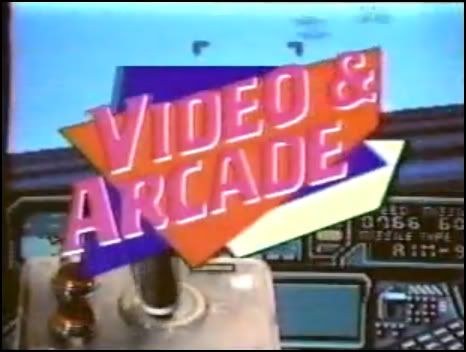
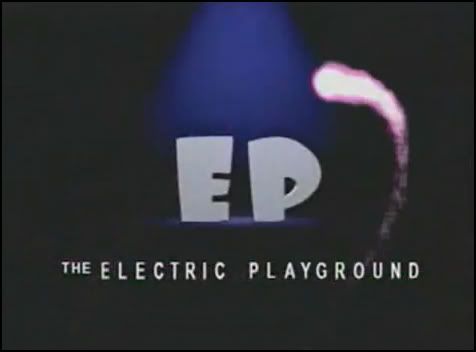


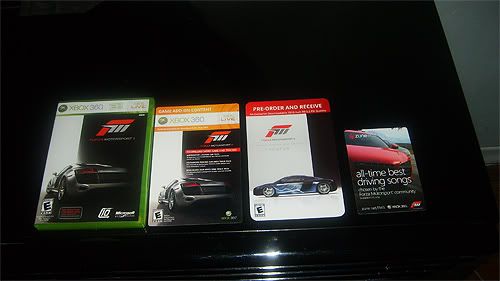
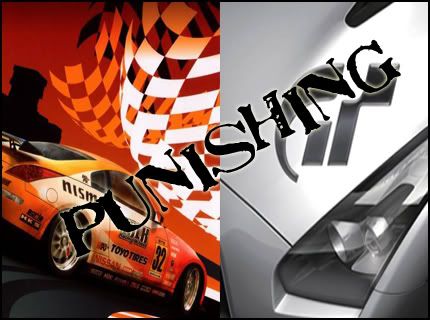
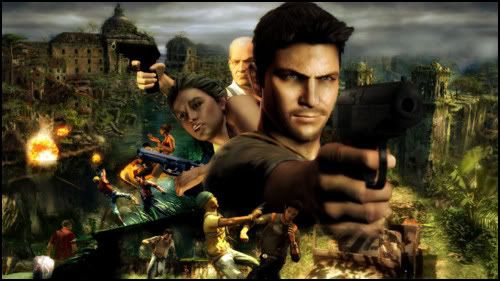








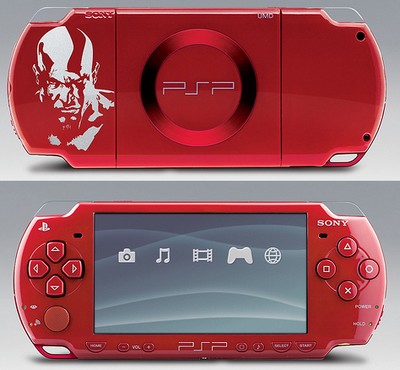
Log in to comment